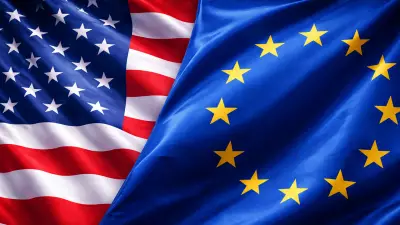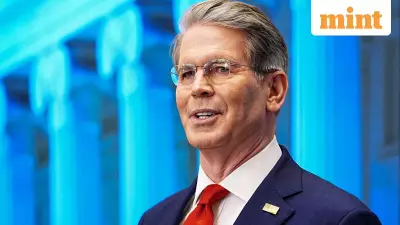
In a confident declaration ahead of pivotal trade discussions, former President Donald Trump has asserted that the United States will maintain its economic strength with or without a trade agreement with China. This bold statement comes as representatives from both economic powerhouses prepare for crucial negotiations.
Trump's Unwavering Confidence in American Economy
The former president emphasized that while he prefers reaching a fair trade deal with Beijing, the United States possesses the economic resilience to prosper independently. "We're going to be absolutely fine with China, one way or the other," Trump stated, underscoring his administration's longstanding position on trade relations.
High-Stakes Negotiations Loom
Trade representatives from both nations are gearing up for what could be defining discussions that may reshape global economic dynamics. The talks come at a critical juncture in international trade relations, with businesses and markets worldwide watching closely for any signs of breakthrough or breakdown.
Key Points of Contention
- Intellectual property protections and enforcement
- Market access and trade balance issues
- Technology transfer requirements
- Tariff structures and implementation timelines
Market Implications and Global Impact
Financial markets have shown sensitivity to developments in US-China trade relations, with any positive or negative signals triggering significant reactions. The outcome of these talks could influence everything from consumer prices to corporate investment decisions across multiple continents.
Analysts suggest that while both nations have incentives to reach an agreement, the fundamental differences in economic systems and strategic priorities continue to present substantial challenges to finding common ground.
The Path Forward
As preparations intensify for the upcoming negotiations, the international business community remains cautiously optimistic about potential progress. However, Trump's comments reinforce the message that the United States is prepared to pursue its economic interests unilaterally if necessary.
The world now watches as these two economic giants navigate complex diplomatic waters, with outcomes that could define global trade patterns for years to come.





